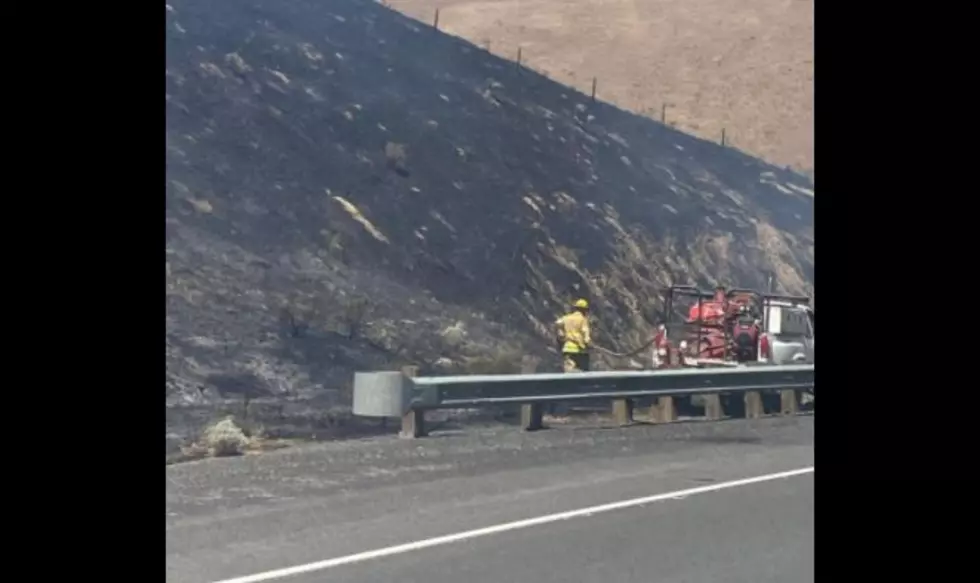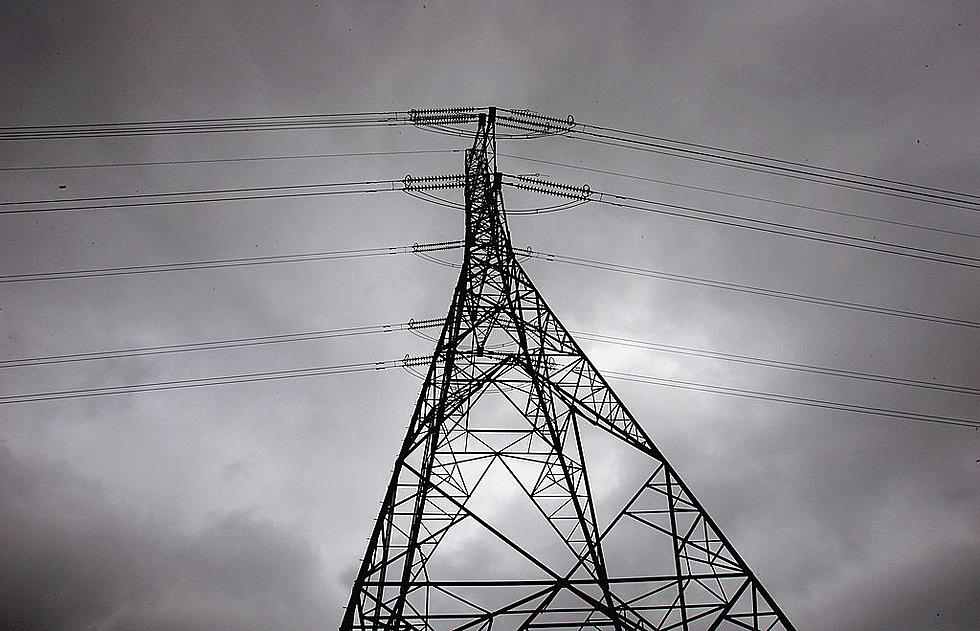
What Are Rolling Blackouts, Why Possibly Coming to Our Area?
We're hearing about possible rolling blackouts in the Mid-Columbia, they've already happened in Spokane with Avista Power.
Some 8,400 people lost power for a few hours Monday. Avista plans to 'rotate' or roll these blackouts around town, to minimize the downtime for consumers.
What are blackouts? The electrical grid, rural or metro, is designed to operate within certain levels of power and electrical generation. Too much power pushed into the grid, and it can shut down, too little and the demands also can cause a shutdown, or blackout.
In simple terms, think of it as overloading a circuit in your home. If you run too many devices off one outlet, it can trip the circuit breaker. That happens a lot when people put up Christmas lights. And, in a home, it can be dangerous.
Well, the same for electrical grids, such as those supplied by the Bonneville Power Administration (BPA) or the Benton PUD or Franklin PUD.
A lot has to do with the setup of the system, and where they get their energy and electricity from.
A common misconception is that when demand goes up, just deliver more electricity. But if the grid or system is not designed to deliver higher levels, then pumping in more juice won't necessarily solve the issue.

With our record high temps, huge demand for AC and cooling is taxing the system on top of already regular loads. Rolling blackouts are one response to a system which is receiving more demand than it can supply.
According to the website energyguide.be there are alarms built into power grid systems that warn if levels are getting too far off of desired electricity levels; whether too high or low:
"If we feed in too little to meet demand, the frequency drops. From 49 Hz, the automatic load shedding plan is activated in order to avoid power cuts. This is because, if the frequency falls too much, the power plants switch off one after another, until there is a complete collapse of the grid."
Blackouts are 'preferred' because they can be rotated with less disruption than a complete shutdown. Losing power for an hour, or a few, and rotating it around a grid can prevent a system from over or even underloading.
We do have some of the better energy grids in PNW than other parts of the country, but even they can be overtaxed when demands are placed on them by freakish once-in-a-century incidents like our record-setting heat.
People can actually help by limiting as much electrical use as possible and hoping the temps cool Thursday and Friday. This is also why power companies are pushing for and work to build and increase grid capacity, so these incidents are minimized.
KEEP READING: Get answers to 51 of the most frequently asked weather questions...
More From 97.1 KXRX
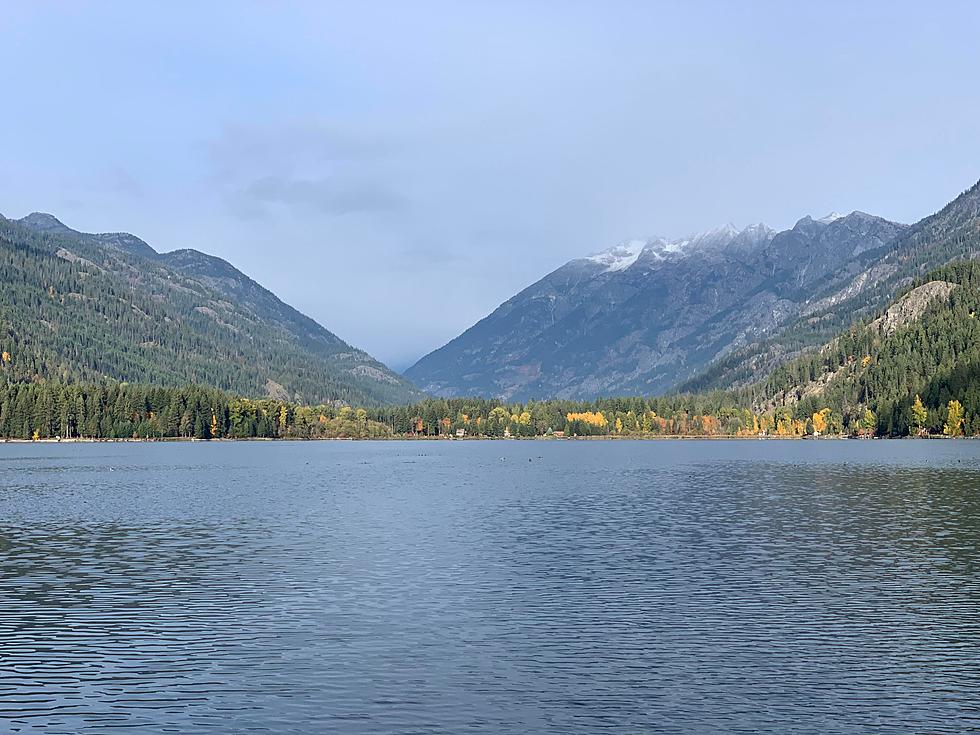
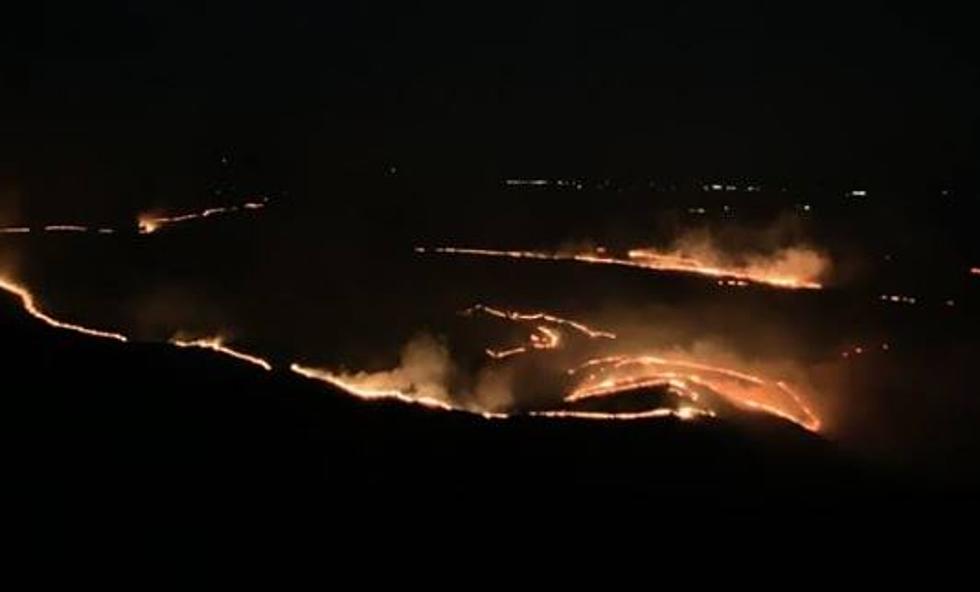
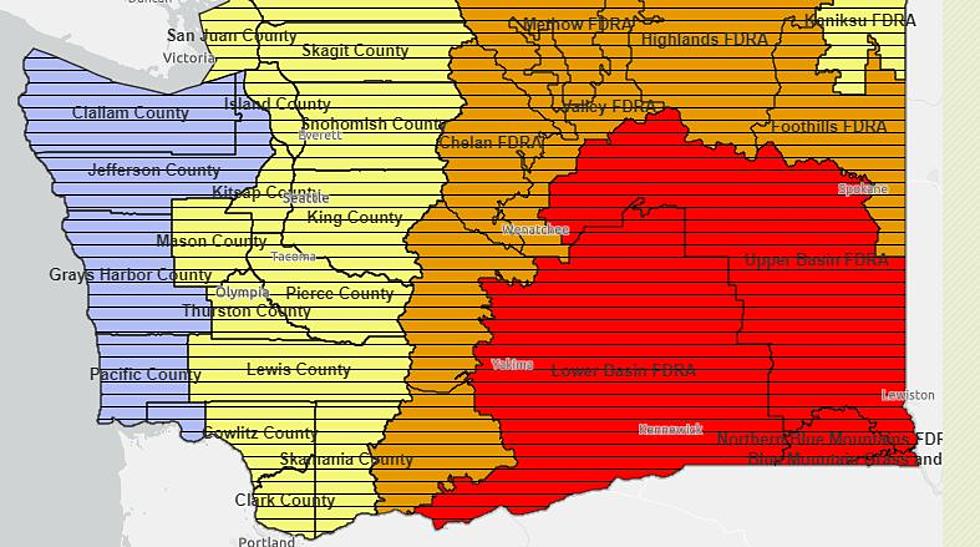



![7 Sure Ways to Beat the Tri-Cities Heat [VIDEO & POLL]](http://townsquare.media/site/133/files/2021/06/attachment-RS37875_RS16154_540761642-scr-1.jpg?w=980&q=75)
